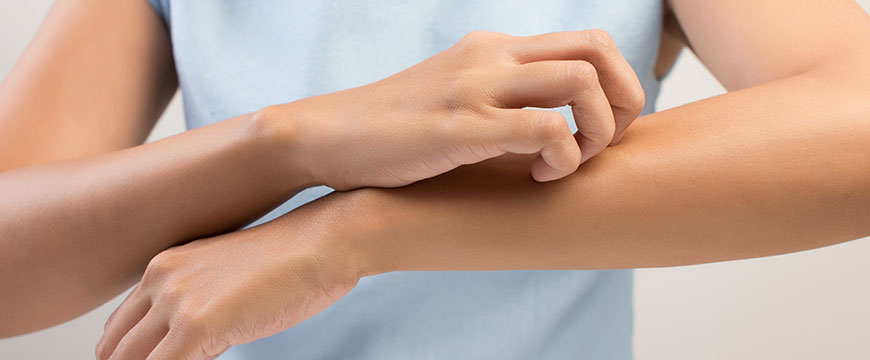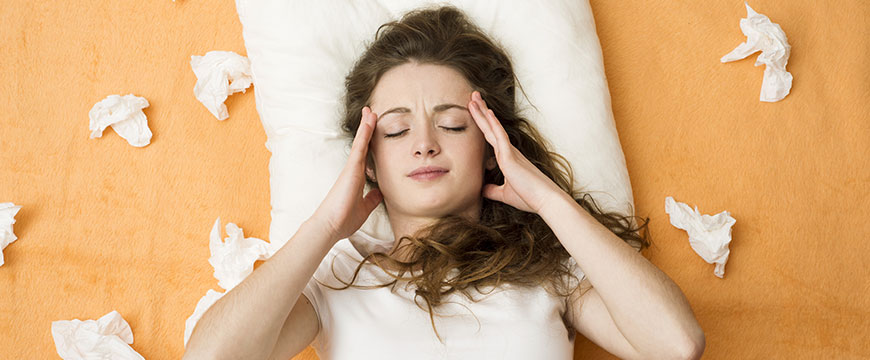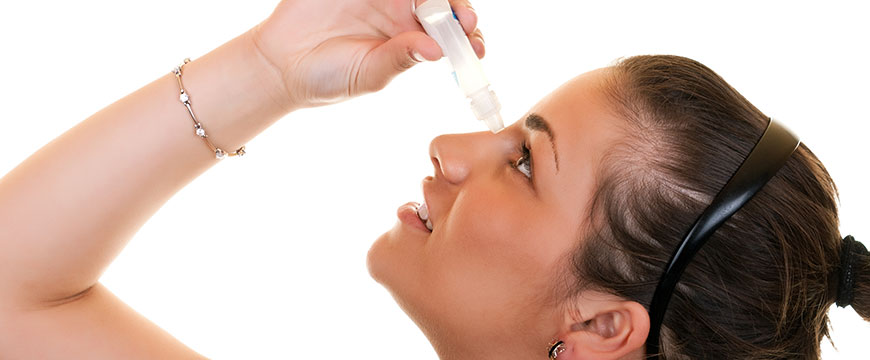
Many studies revealed that people who have allergic rhinitis suffer from sneezing, itchy eyes and nose, and nasal congestion. They can also suffer from depression and nasal fatigue.
Allergic rhinitis makes it more difficult to concentrate at school and work which affects your energy level and sleeping habits. If your life is disrupted by seasonal allergies, you need effective allergy relief that is important to your well-being. You should be aware that going to an allergist specialist doctor is one of the most considerations you need to make. You are going to be educated regarding the impact of allergies on your mood and daily life in general. Make sure to read this article until the end to learn more.
Fatigue
Studies have discovered that fatigue is common among people who experience seasonal allergies. The truth is, daytime tiredness, while it happens less often than the nasal symptoms, seems to be more common compared to itchy eyes or post-nasal drip.
There is one study that recorded fatigue in 60% of those with allergies, which is very common among people who say they feel tired because of allergy symptoms.
Increases Stress
Sneezing, itchy eyes, breathing difficulty, and congestion are not fun for anyone. This impacts your daily function and the way you sleep. That spills over into any day. All this adds up to increased stress and it gets worst when it becomes chronic.
Physical Symptoms Can Affect You Mentally
When you deal with constant congestion, itchy eyes and runny nose leads to frustration and depression. They are going to prevent you from engaging in fun activities like hiking in a state park.
Allergy symptoms can disrupt your sleep as well. This can make your fatigue worse and it negatively impacts your mental health.
Mood
Aside from fatigue, or maybe because of it, more than 1/3 of people who experience allergies in one study feel depressed. And more than half of the respondents felt miserable or terrible because of their symptoms.
Some studies have discovered that clinical depression is twice as common in those who suffer from allergies.
In other ways, looking at allergies and their connection to your mood can be like a chicken and egg question. Is it the nasal allergy symptoms, maybe it is accompanied by embarrassment over these symptoms, which is the cause of your funky mood, or is it the funky that makes allergies more obvious?
Medications
It can be possible that your allergy medication can worsen your mood. Corticosteroids that are inhaled or injected are linked to manic depressive episodes. The same was not found in topical corticosteroids.
Allergies Can Sap Your Energy
Poor sleep normally causes low energy levels. In addition, allergies can cause fatigue. They make your immune system kick in, similar to if you had a virus or cold. In case your body uses energy to fight anything, it naturally means you have less vigor. In addition, some allergy medications will list drowsiness or fatigue as a side effect, so it is best to ask your doctor or pharmacist if you think your medication should be blamed.
Cognitive Effects
A lot of people already noted that their allergies make them “slower.” Regardless if these cognitive symptoms are because of fatigue, the side effects of allergy medications, or because of some mechanism because of the allergies, research can back them up.
People who have allergies experience slow verbal reasoning, slower decision-making, and reduced psychomotor speed. So, they react slower than usual during the times when they are most affected by allergy symptoms.
You can visit an asthma doctor Germantown MD anytime.







